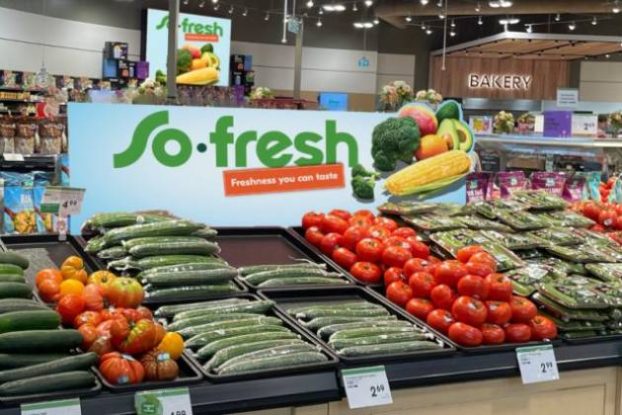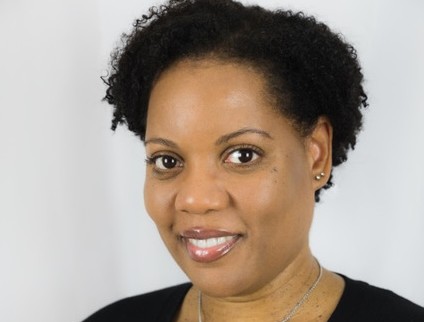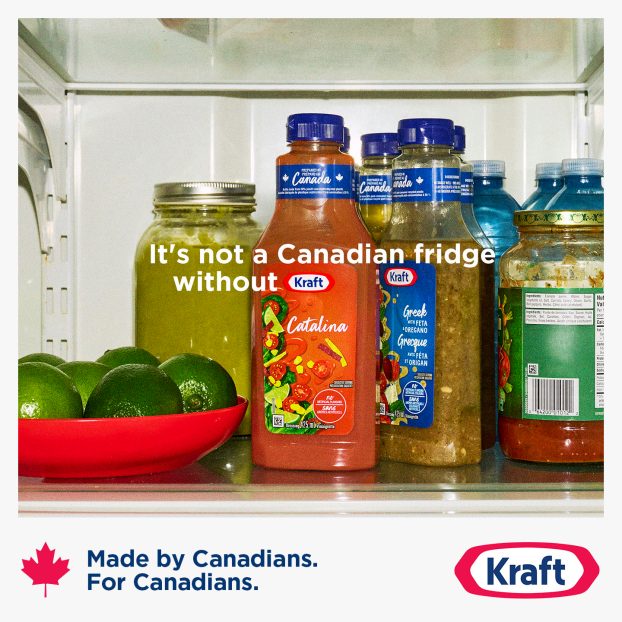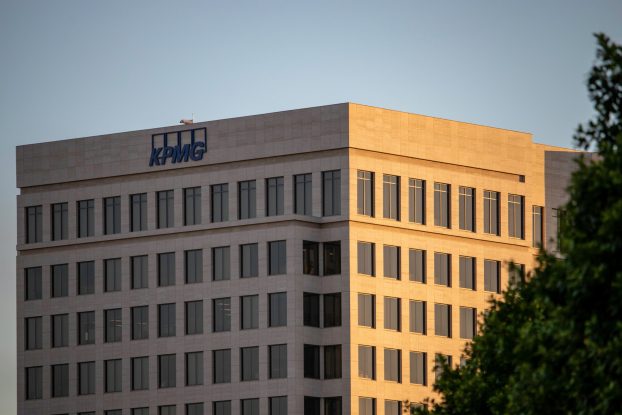Discipline is seldom mentioned as a marketing tool, but it is the key to the success of the region’s fastest-growing retailer.
Future Shop, the Burnaby, b.c.-based company is forecasting sales of $500 million at year-end.
73% sales increase
Its second-quarter results saw an increase of 73% in sales of deep-discounted, low-end, name-brand electronics products.
Net earnings increased 233% over the same period a year ago.
In August, the company went public on the Vancouver and Toronto stock exchanges, raising more than $30 million in its initial public offering, most of which will be spent opening up new stores in the u.s.
Mohammad Ziabakhsh, Future Shop president and chief executive officer, says the secret of its success is people.
Admittedly, its people are the only sustainable competitive advantage the company has, but that does not deter Ziabakhsh from thinking he will continue to succeed without elaborate marketing strategies.
Discipline
‘Anybody can talk discount, but it requires discipline to implement,’ says Ziabakhsh, who started his first store in Vancouver shortly after his arrival in Canada from Iran in 1982.
‘Our people are trained to keep costs down, and that is the secret of any low overhead company,’ he says.
To instill discipline, the company puts new employees through a rigorous training program designed to turn them into managers.
They are expected to put the company first and work as many hours as it takes to reach their goals.
‘We only want people who will help make the company the top electronics retailer in North America,’ Ziabakhsh says.
Not unexpectedly, the turnover in the first year of a new crop of employees is 50%. Ziabakhsh says the turnover the second year is 10%.
Big advertiser
The company is also one of the region’s largest advertisers, with nearly $20 millon spent promoting its products in fiscal 1993, all on advertising.
The marketing plan is simple.
Live in-store radio remotes promote new stores, and 12-page flyers in local daily newspapers are delivered near the weekend to Lower Mainland readers.
All advertising is created in-house, in keeping with the company’s pledge to maintain low overhead.
There are no public relations efforts. In fact, company managers keep a low profile as part of Ziabakhsh’s wish to keep the spotlight on the company.
In fact, the company is duplicating many of the tactics used by Western Canada-based Woodward’s before it fell on hard times and closed its stores last year.
Picked up business
Not surprisingly, Future Shop has benefitted from the collapse of Woodward’s and the troubles other large downtown department stores are facing.
The company is targetting department store customers, many of whom now live in the suburbs where Future Shop is opening new stores.
Originally, about 70% of the company’s sales came from office and communications equipment. They now generate about 40%.
Audio and video revenues account for about 38%, and, recently, the company added appliances, which add 12% to total revenues.
U.S. competition
As the company expands to the u.s., it will face competition from Costco, Office Depot and others.
However, Ziabakhsh still sees Future Shop as having an advantage in its marketing approach.
‘We offer only three things – price, selection and service,’ he says. ‘Our competitors may only provide one of the three, because they do not have the discipline required to keep costs down.’
Future Shop employees are trained to make cost decisions on the spot.
Ziabakhsh says they have to determine if the return is greater than the expense, and if their decision is the best alternative available.
This credo is based on the president’s own experience when he came to Canada 11 years ago and started Future Shop in the midst of the 1982 recession.
Good experience
He says that beginning in hard times was a good experience because low overhead businesses will always thrive in recessions.
‘When I came here, I did not know the retail business, I did not know how to market electronics products, and I did not know how to do business in North America,’ Ziabakhsh says.
‘I went out and learned from the best, and I am only asking my employees to apply what I learned,’ he says.
Ziabakhsh says he is still learning about retailing and marketing, admitting there is much to learn.
‘I am a humble student,’ he says.























